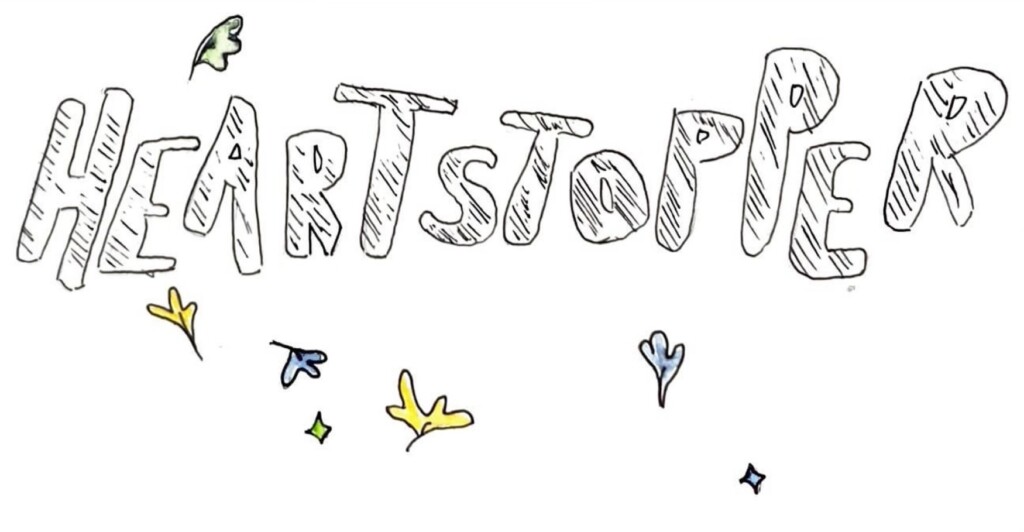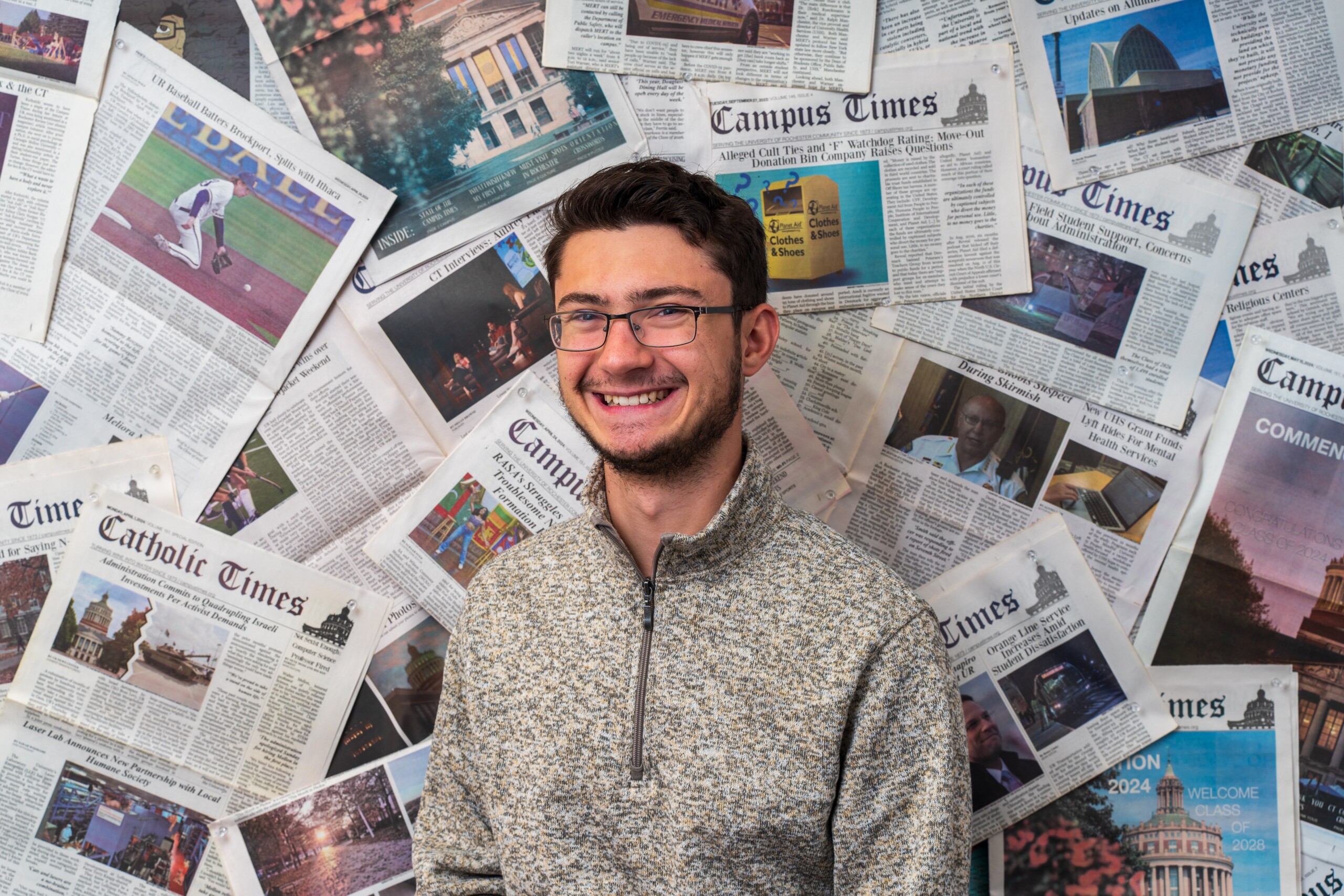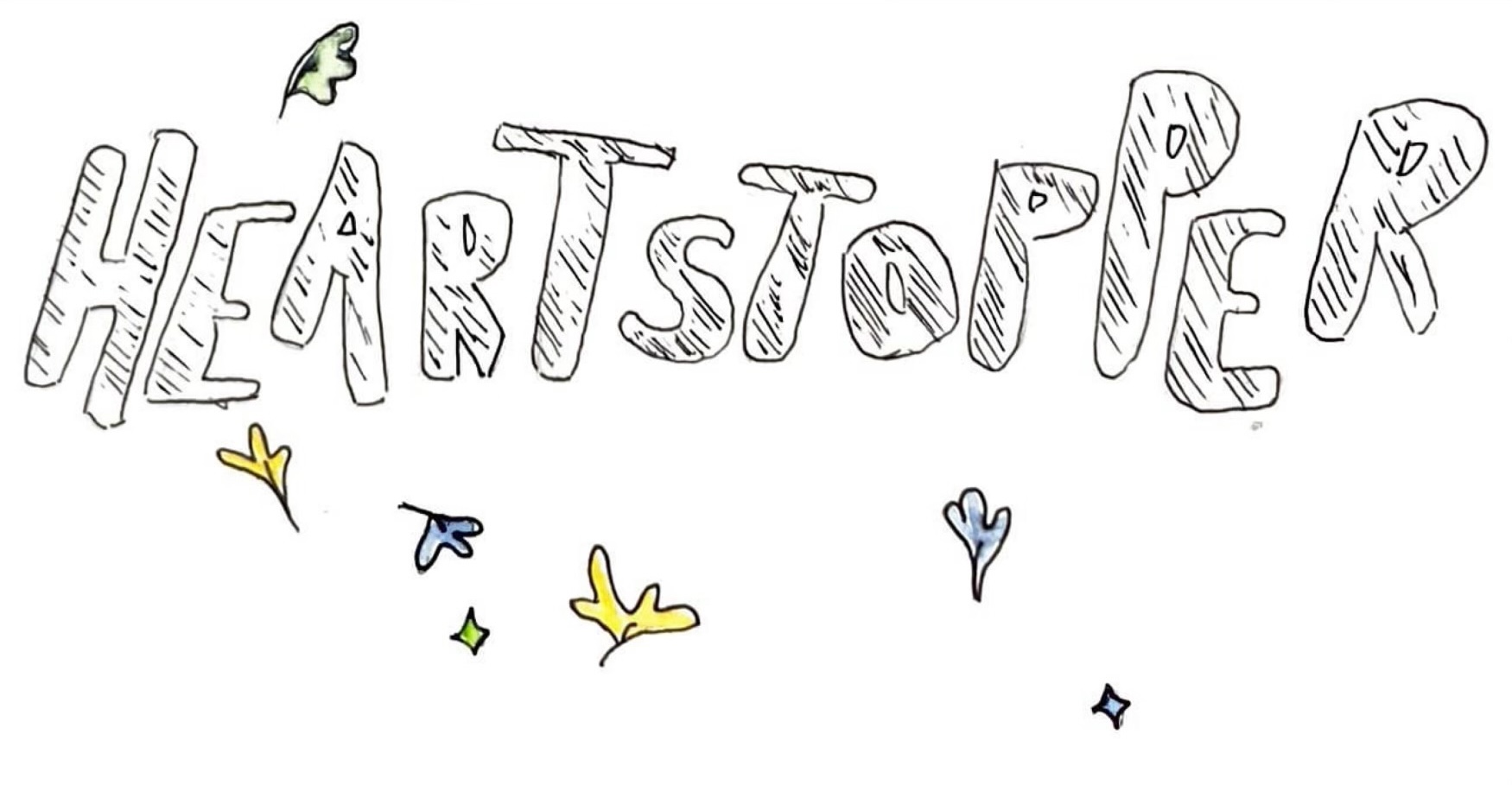The hit queer coming-of-age show “Heartstopper” returns with its junior season — and this time, it tackles heftier topics than before. The show, based on Alice Oseman’s award-winning comic series, manages to perfectly capture the essence of being a queer teen, while showcasing the challenges that come with it as well.
This season’s main plotline focused on Charlie’s (Joe Locke) internal struggle with an eating disorder and his resolution to seek therapy. This reflects Oseman’s decision not to undermine the importance and heaviness of mental illnesses, which the show puts most of its energy into and is better for.
It is clear by episode one that the series is no longer a simple slice-of-life show but rather an in-depth exploration into the struggles of being queer. Charlie’s sister, Tori (Jenny Walser) also becomes a more prominent character and she helps show the importance of having a support system. Aside from Locke’s character being the focus of this season, smaller story arcs focus on Imogen’s (Rhea Norwood) and Sahar’s (Leila Khan) on-and-off relationship, along with Darcy’s (Kizzy Edgell) non-binary identity — arcs that are quickly resolved by the end of the season. The show also goes deeper into Elle’s (Yasmin Finnery) struggle with body dysmorphia, depicted through the typical “Heartstopper-esque” comic-style graphics that give the audience a glimpse of what’s going on in her head. The show also uses Elle’s character to delve into the greater conversation of what it means to be trans today.
This season takes what is perfect about the relationship between the group of friends from the previous two seasons, but allows each character to breathe outside of Nick and Charlie’s relationship — which is pivotal to Nick’s development this season. It also adeptly navigates tough topics in a way that makes this not only the most emotional season so far but also the most significant. Although its turn for the dramatic is a bitter-sweet departure from its typical, upbeat approach, it shows that “Heartstopper” isn’t afraid to be a little more serious.
In the past, “Heartstopper” has felt more like a fantasy in the way that it uses bright colors to be more like its comic book counterpart. However, the show now feels like it’s adopted a life of its own and can stand as its own thing, running through most of the remaining source material and evolving its characters alongside the actors’ real-life identities.
The cast this season has also shifted with the addition of Hayley Atwell, known for “Captain America” and “Mission: Impossible — Dead Reckoning Part One,” as Aunt Diane, who takes on a motherly role for Nick this season due to the show’s loss of prior cast member Olivia Colman.
Regardless of Colman’s temporary exit, Aunt Diane still feels like a fulfilling adult character in Nick’s life, especially given her occupation as a therapist, who gives Nick insight on how to be there for Charlie without overstepping either’s boundaries.
Also making an appearance this season was “Bridgerton” heart-throb Jonathan Bailey as Charlie’s favorite historian and celebrity crush, James Maddox. Although his character has very little impact on the story, he is still a fun addition and has cute interactions with Nick and Charlie.
“Heartstopper” is still a break away from reality, even if it now feels more grounded and less fantastical than it once did. You can find the show’s newest season with all episodes, as well as its previous installments, streaming on Netflix.



